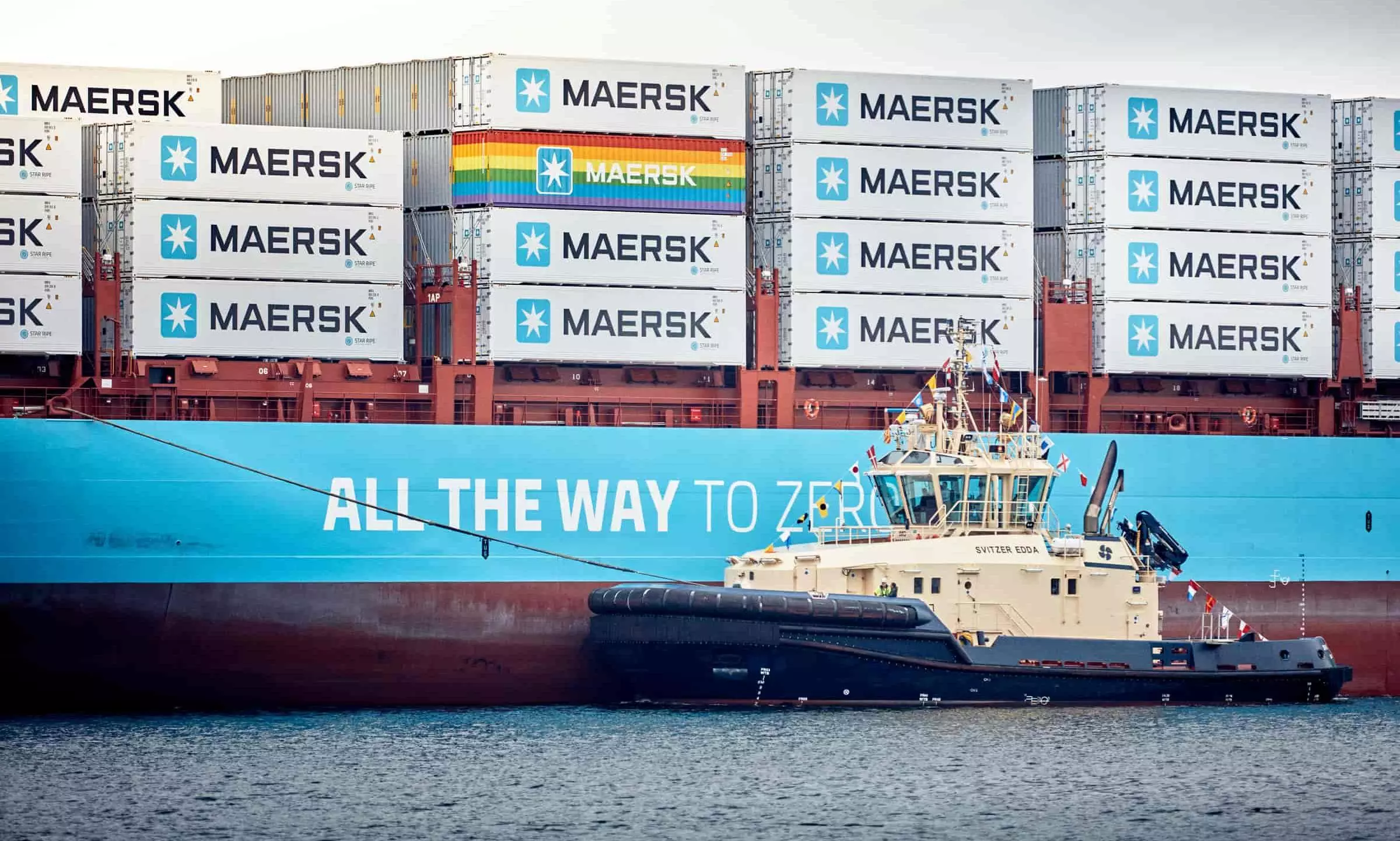UNCTAD calls for bold global action to decarbonise shipping
Shipping accounts for 80% of global trade volume & nearly 3% of GHG emissions with emissions up 20% in just a decade

The United Nations Conference on Trade and Development (UNCTAD) has called for a "just and equitable transition" to a decarbonised shipping industry in its Review of Maritime Transport 2023.
"The agency highlights the pressing need for cleaner fuels, digital solutions and an equitable transition to combat continued carbon emissions and regulatory uncertainty in the shipping industry," says an official release.
The shipping industry accounts for over 80 percent of the world's trade volume and nearly three percent of global greenhouse gas emissions with emissions escalating by 20 percent in just a decade (see Figure 1).
"Maritime transport needs to decarbonise as soon as possible while ensuring economic growth," says Rebeca Grynspan, Secretary-General, UNCTAD. "Balancing environmental sustainability, regulatory compliance and economic demands is vital for a prosperous, equitable and resilient future for maritime transport."
Jan Hoffmann, Head, Trade Logistics, UNCTAD adds: "While we all agree that emissions should be going down, the opposite is happening. Whether we like it or not, in early 2023, total GHG emissions from international shipping are 20% higher than a decade ago. The main underlying cause lies in growing trade volumes and going over longer distances. Additional volatility comes from changing voyage speeds, partly in response to changes in bunker fuel prices.
"Whether the glass is half full or half empty depends on whether you look at total emissions, or emissions per transport work. Taking the latter gives us a more positive picture (the glass is half full)."
A push for cleaner fuels
UNCTAD, ahead of the United Nations climate conference (COP28) in November of this year, advocates for a shift towards cleaner fuels in shipping, emphasising the need for an environmentally effective, procedurally fair, socially just, technologically inclusive and globally equitable transition strategy. "The organisation underscores the importance of system-wide collaboration, swift regulatory interventions, and robust investments in green technologies and fleets. While the transition to cleaner fuels is in its early stages with nearly 99 percent of the global fleet still reliant on conventional fuels, the report cites promising developments, including 21 percent of vessels on order designed for alternative fuels."
Decarbonisation costs mount
UNCTAD reports that an additional $8 billion to $28 billion will be required annually to decarbonise ships by 2050, and even more substantial investments, ranging from $28 billion to $90 billion annually, will be needed to develop infrastructure for 100 percent carbon-neutral fuels by 2050.
"Full decarbonisation could elevate annual fuel expenses by 70-100 percent, potentially affecting small island developing states (SIDS) and least developed countries (LDCs) that heavily rely on maritime transport."
Shamika N. Sirimanne, director of technology and logistics, UNCTAD says: "Economic incentives such as levies or contributions paid in relation to shipping emissions may incentivise action, can promote the competitiveness of alternative fuels and narrow the cost gap with conventional heavy fuels. These funds could also facilitate investments in ports in SIDS and LDCs, focusing on climate change adaptation, trade and transport reforms, as well as digital connectivity."
Global shipping remains resilient
Despite a marginal (0.4 percent) contraction in maritime trade volumes in 2022, the industry anticipates a 2.4 percent growth in 2023 with containerised trade (which declined by 3.7 percent in 2022) expected to expand by 1.2 percent in 2023 and more than three percent between 2024 and 2028.
"Oil and gas trade volumes showed robust growth in 2022 while tanker freight rates saw a strong revival driven by geopolitical events. Dry bulk rates experienced volatility due to shifting demand, port congestion, geopolitical tensions and weather disruptions."
Hoffmann says: "As regards companies per country, the recent surge may be temporary following new players entering profitable markets, especially in Asia. Shippers and competition authorities will still want to keep a keen eye on developments of market consolidation."
Read the full report here



